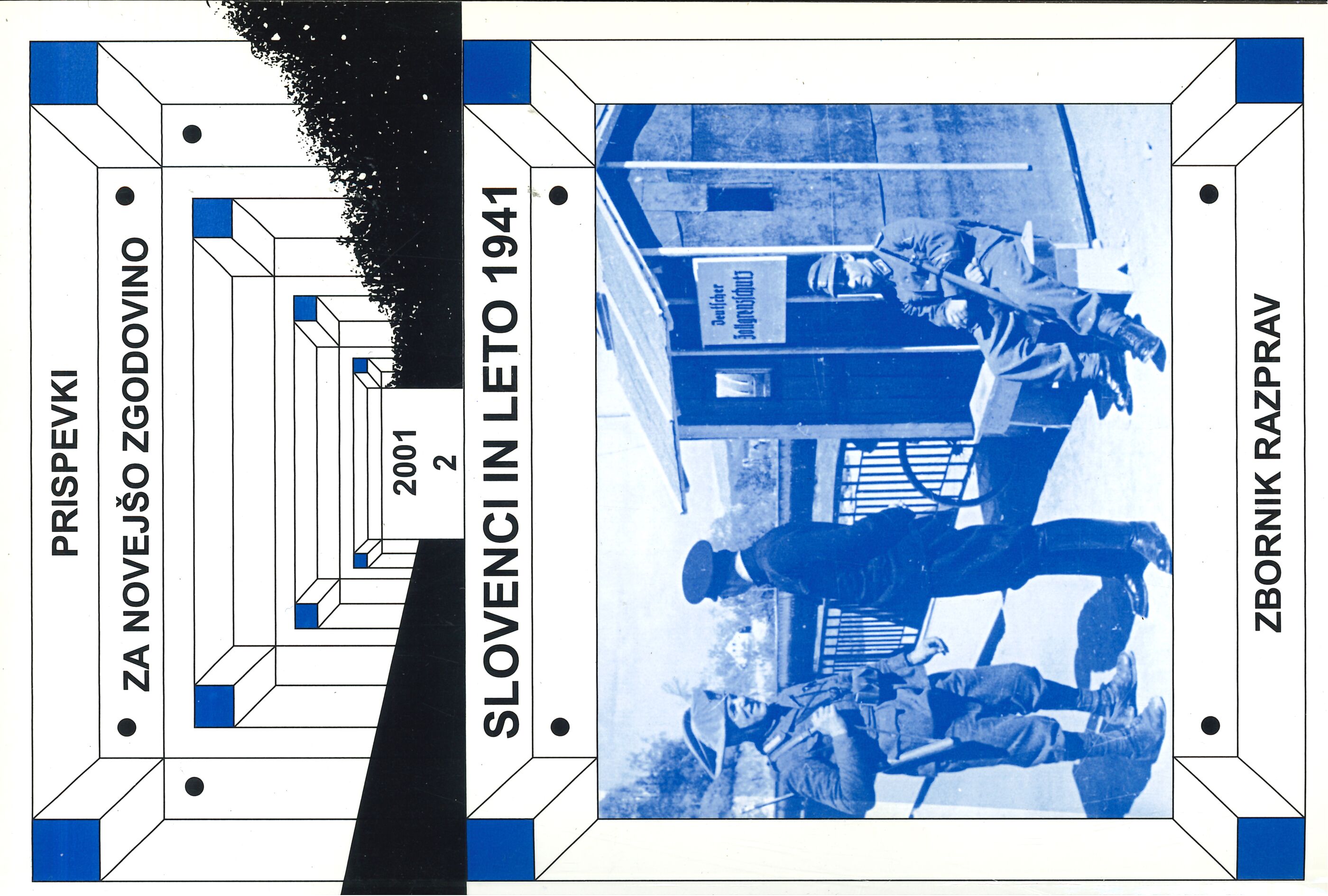Slovene Emigrants in Europe at the Outbreak of the Second World War
Keywords:
emigrants, Germany, France, Belgium, Holland, Second World War, refugees, emigrants’ associationsAbstract
The Slovene emigrants in Western Europe, most of whom lived in Germany, France, Belgium and Holland, experienced the war even before Yugoslavia was attacked in April 1941. Among many who, in their homeland, wrote about their fate in rather gloomy tones were Edvard Kocbek, France Omahen, Alojzij Kuhar, Kazimir Zakrajšek, Bogo Grafenauer, Viktor Plestenjak. In Germany, the Slovenes sensed the war as early as 1933, when the Nazi totalitarian ideology, intolerant of foreign ethnic groups, emerged, and were subject to the actual state of war from September 1939. Those in Holland, Belgium and France, however, came under the German occupation in Autumn 1940. While most of them continued working in mines, many were deported to Germany as forced labour or to concentration camps. Some emigrants, especially those of leftist orientation, joined the resistance movements in various countries. Some of them were arrested, imprisoned or executed. Although emigrant associations were forbidden, some activities, such as lending of books, continued.
Downloads
Published
Issue
Section
License
Authors who publish with this journal agree to the following terms:
- Authors retain copyright and grant the journal right of first publication with the work simultaneously licensed under a Creative Commons Attribution License that allows others to share the work with an acknowledgement of the work's authorship and initial publication in this journal.
- Authors are able to enter into separate, additional contractual arrangements for the non-exclusive distribution of the journal's published version of the work (e.g., post it to an institutional repository or publish it in a book), with an acknowledgement of its initial publication in this journal.
- Authors are permitted and encouraged to post their work online (e.g., in institutional repositories or on their website) prior to and during the submission process, as it can lead to productive exchanges, as well as earlier and greater citation of published work (See The Effect of Open Access).


